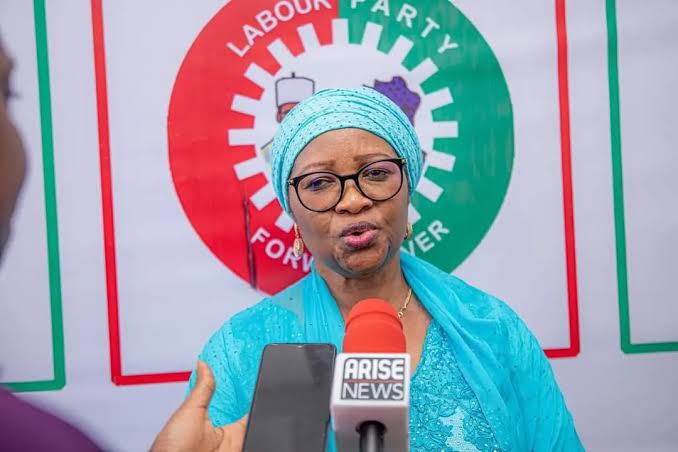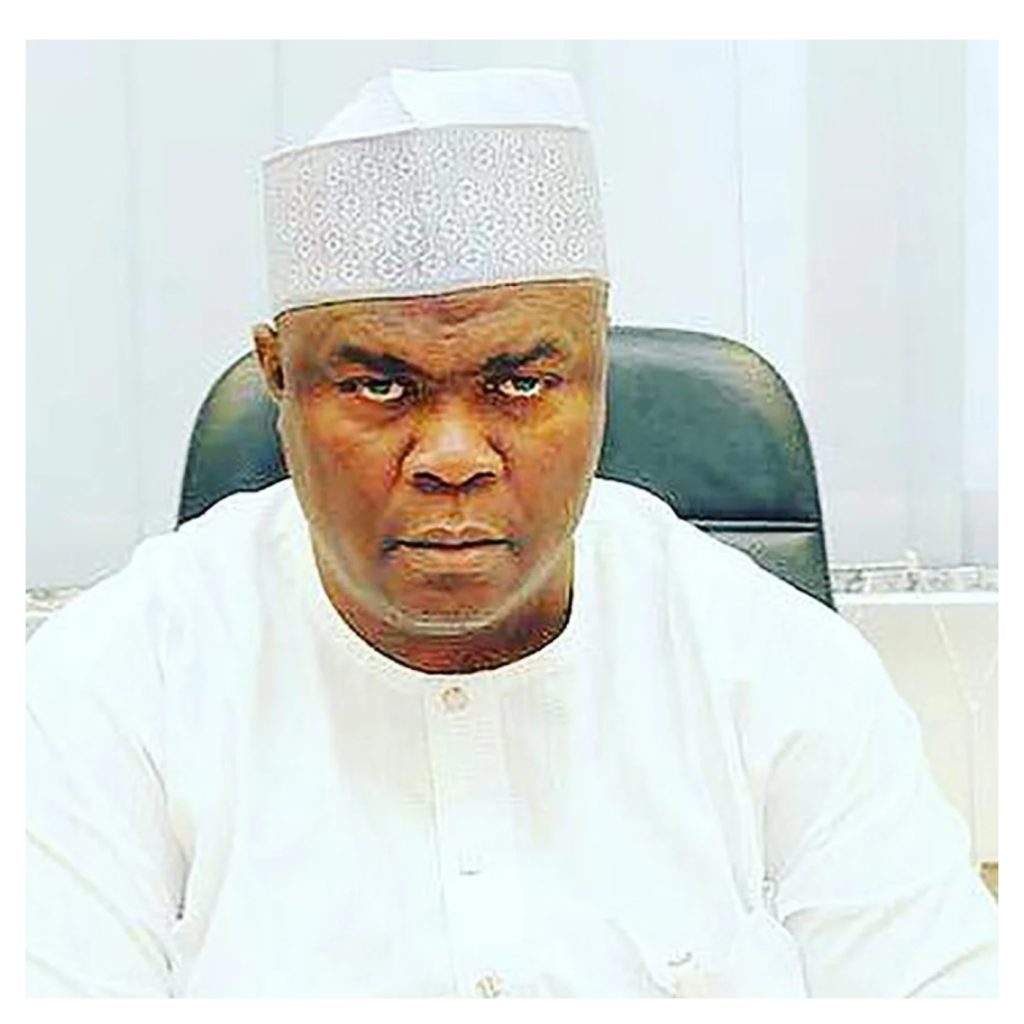Title: The Culture of Demolition: A Zero-Sum Game in Nigerian Politics
Introduction:
In Nigeria, politics has become a zero-sum game, where the winner takes all and the loser is left with nothing. This phenomenon is evident in the recent trend of sitting governors in the country demolishing properties owned by their political opponents. This practice is not only a display of authoritarianism but also a manifestation of the vindictive and vengeful nature of Nigerian politics. In this piece, we examine the culture of demolition and its implications on the nation’s socio-economic development.
Case Studies:
Numerous examples of this phenomenon can be found in different parts of the country. In Edo State, Governor Godwin Obaseki revoked the Certificate of Occupancy of 11 government properties, including one allocated to himself, after he won the 2020 election. In Imo State, Governor Hope Uzodinma ordered the demolition of the building of the then spokesperson for his predecessor, Sam Onwuemeodo, citing political association. In Kano State, Governor Abba Yusuf ordered the demolition of buildings on government lands sold by his predecessor, Abdullahi Ganduje, and in Kwara State, the same was done to Crystal Place, a shopping mall owned by a former governor, Bukola Saraki.
Analysis:
The trend of demolition is not limited to physical structures but also extends to an attempt to erase the legacy of one’s political opponents. It is a display of envy, jealousy, and a desire for revenge. The politicians involved in this practice are motivated by the Transient Nature of Power, as they seek to undo the accomplishments of their predecessors and claim credit for all achievements. This mentality is detrimental to the development of the country and can lead to the erosion of trust in political leaders.
Expert Reactions:
Prof. Tunde Adeniran, a former Minister of Education, described the practice as a “symptom of Nigeria’s vindictive politics of bitterness.” A newspaper columnist and current affairs commentator, Jide Ojo, agreed, stating that it was a result of envy, jealousy, or the pull-him-down syndrome. A pro-democracy advocate, Mrs. Joe Okei-Odumakin, lamented that it was a manifestation of a flawed character, while the Chairman of the Human and Environmental Development Agenda, Mr. Suraju Olanrewaju, called for maturity among political office holders, stating that politics was about serving the people, not settling personal scores.
Conclusion:
The culture of demolition in Nigerian politics is a manifestation of the zero-sum game mentality, where the winner takes all and the loser is left with nothing. It is essential for politicians to recognize that politics is about serving the people, not settling personal scores. The trend of demolition has the potential to lead to the erosion of trust in political leaders and the country as a whole. It is a practice that must be checked by the judiciary and other stakeholders to ensure that the country moves towards a more progressive and democratic society.

![iyabo ojo claims lizzy anjorin has schizophrenia needs help Lizzy Anjorin's husband not interested in getting her help - Iyabo Ojo claims [VIDEO]](https://mediatalkafrica.com/wp-content/uploads/2026/01/xIyabo-Ojo-claims-Lizzy-Anjorin-has-schizophrenia-needs-help-1024x512.jpeg.pagespeed.ic.gy55IZkWZl.jpg)

